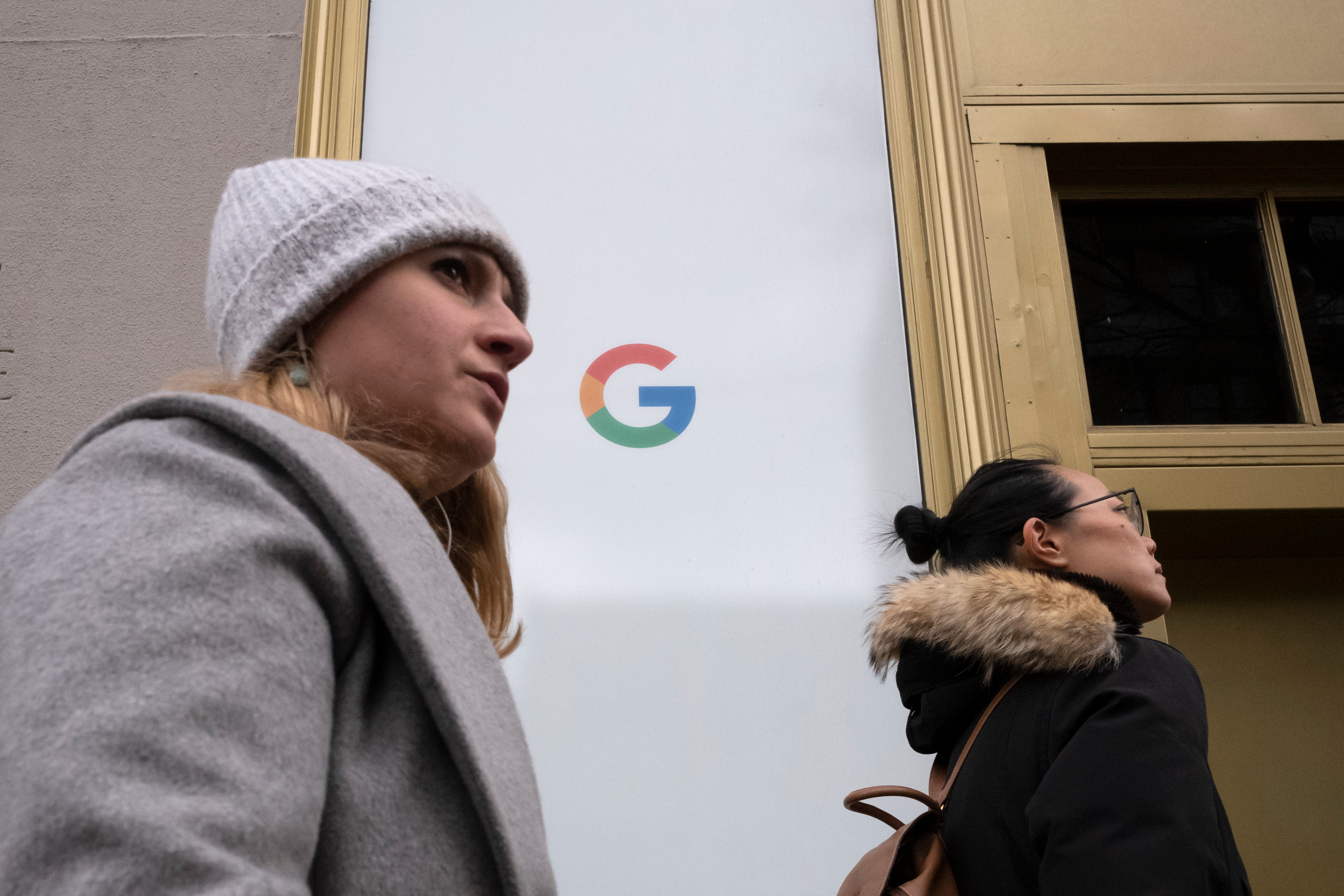Google Maps Needs To Solve Its 'Abortion Search Result Problem'
Bloomberg takes the deepest dive yet into how "crisis pregnancy centers" rely on Google to spread misinformation.
Every month, 118.4 million Americans use Google Maps to find businesses and services nearby. Some of those people are looking for abortion health services and instead are being redirected to crisis pregnancy centers, where misinformation and aggressive tactics can be damaging to vulnerable pregnant people.
Crisis pregnancy centers are often religious or anti-choice organizations posing as a legitimate medical practices. These places push outright medical lies and dangerous relationship advice on unsuspecting patients. Bloomberg spoke to providers, activists as well as those who sought services only to find CPCs at the top of their Google Maps search.
The work Bloomberg did on this issue, which has been a known problem within Google since at least 2018, is really impressive and well worth your time:
Google Maps routinely misleads people looking for abortion providers, a new analysis by Bloomberg News has found. When users type the words "abortion clinic" into the Maps search bar, crisis pregnancy centers account for about a quarter of the top 10 search results on average across all 50 US states, plus Washington D.C., according to data Bloomberg collected in July. In 13 states, including Arkansas, South Carolina and Idaho where the procedure is newly limited, five or more of the top 10 results were for CPCs, not abortion clinics.
[...]
Since the US Supreme Court overturned Roe v. Wade, 10 states have criminalized abortion and 4 have put time limits on the procedure. In some states, including Texas, asking someone for help accessing an abortion could lead to legal liability for that person, making Google the safer resource. Still, the tech giant has failed to eliminate inaccurate results in Maps, cited as a problem by media organizations since at least 2018, when news outlets including Gizmodo asked the company to explain why searches were turning up CPCs.
The abortion search result problem, which has never before been publicly analyzed at this scale, is already the subject of political pressure and debate. In June, a handful of Democratic lawmakers urged the company to give accurate results to people seeking abortions. A month later, 17 Republican state attorneys general wrote a letter to Alphabet CEO Sundar Pichai, demanding that the company "not discriminate" against CPCs in search results for people looking for abortion services.
In this case, medical doctors and reproductive health advocates said, letting the problem fester while debates rage on could lead to real-world harm. "If Google is a pro-science organization, or even just neutral, they would not want to lead people to these places with false advertising that can be harmful to their lives," said Allison Cowett, the medical director of Chicago-based Family Planning Associates. "These fake clinics are not on equal footing with folks that are practicing evidence-based medicine."
CPCs purposefully use language in their names and descriptions that mimic legitimate clinics in order to rope in more victims. Because legitimate clinics are getting rarer across the country, people can be tricked into spending a lot of time and money getting to a clinic that doesn't provide services in the first place. Once there, they're then told that the pregnancy will make their abusive relationships stronger (it won't) or that they'll be a higher risk of cancer and mental health issues due to an abortion (also not true.)
The problem arises when users search for a general business rather than a specific name. So while searching Planned Parenthood in a state with an abortion ban would turn up zero results, searching "abortion services" might direct people to these dangerous organizations.
Google Maps is taking steps to address the issue, but it has a lot of work to do to prevent the spread of medical misinformation:
Of 149 Google Maps results that had at least one word referring to medical healthcare in its Google Maps description (such as "women's health clinic," "free clinic," or "medical center"), a third were actually crisis pregnancy centers, not medical clinics that provided abortions. But the hundreds of Google Maps results described as "abortion clinic" on the service were indeed abortion providers.
A Google spokesperson confirmed that the company has "extra layers of verification in place" to help it confirm that places labeled as "abortion clinics" on Google Maps and Search actually offer abortions.
Google in 2019 announced a policy change requiring those who want to run ads using keywords related to getting an abortion to certify whether they do or do not provide one. It's unclear whether Google would be able to apply that knowledge to its maps results.
Between license plate readers tracking pregnant people who cross state lines for health care, to states considering controls on interstate travel to prevent out-of-state abortions, we've certainly created quite the dystopian tech future. You can read more about this particular slice from Bloomberg here.
